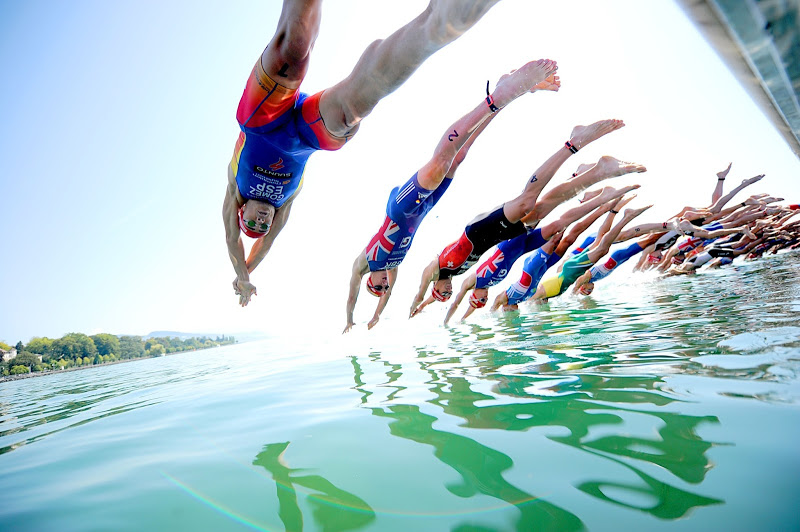
by Safesport ID | Apr 26, 2016 | Health
Earlier on, we talked about the problems that people with diabetes type 1 may face when competing in a triathlon. However, today we would like to discuss about the different issues that a person with this medical condition may experience when facing a marathon. Is it possible for a person with diabetes to run a marathon? How to prepare a marathon if you have diabetes? Yes, a marathon is a great challenge for any athlete, and not everybody that participates in one would be able to cross the finish line. Preparation and training are very important, but we also must face it with great respect. However, in the case of a person with diabetes, preparation and training are not only very important, but crucial and must be taken in account with special care and attention. If you have decided to participate in a marathon, the first thing we would like to say is: Congratulations! We assume that you have reached a physical level when you feel you can move to the next challenge and participate in something bigger. In this case, before starting your training, you should visit a medical professional. Your endocrine knows you better than anybody and can provide you with the advice that better fits your needs. Moving on, another important aspect to take into consideration is to keep in mind your previous experiences. How did your body reacted while facing different challenges? What are the aspects that you always keep in mind while training? What problems did you face that help you realize you were making a mistake? In the meantime, try different things: a new...

by Safesport ID | Apr 30, 2015 | Health
A triathlon can take you over a long distance, and medical identification must be worn should an emergency happen and people are trying to help you. Competing in a triathlon with type 1 diabetes is arguably the biggest challenge that sport can pose to your blood sugar levels. Triathlons take place over a long duration and require severe intensity and aerobic endurance, which will necessitate vigilant monitoring of your diabetes. However, your diabetes is no reason for you to not be able to compete in a triathlon. A triple threat of swimming, cycling and running may sound hard to manage, but it can be done, mostly through a period of trial and error to find a routine that works for you. Wearing a continuous glucose monitor (CGM) can be hugely beneficial when competing, especially as some will function in water. This can allow you to check your blood sugar at any time of the race. Training Each exercise can have a different effect on blood sugar levels and require different approaches, especially if you train in all sports on the same day. Swimming can drastically reduce your blood glucose levels, so it is advised to start a session with a blood sugar of over 12 mmol/l. When training, especially as a beginner, you should stop swimming every 30 minutes and test your blood sugar. Eating some carbohydrate or consuming sugar during and after the swim will prevent your blood sugar falling. Running can have different effects on people, but testing your blood sugar before and after a session will be necessary. A reduction in your insulin may not be,...




